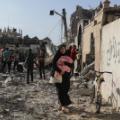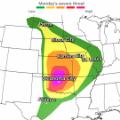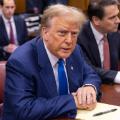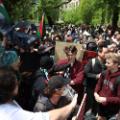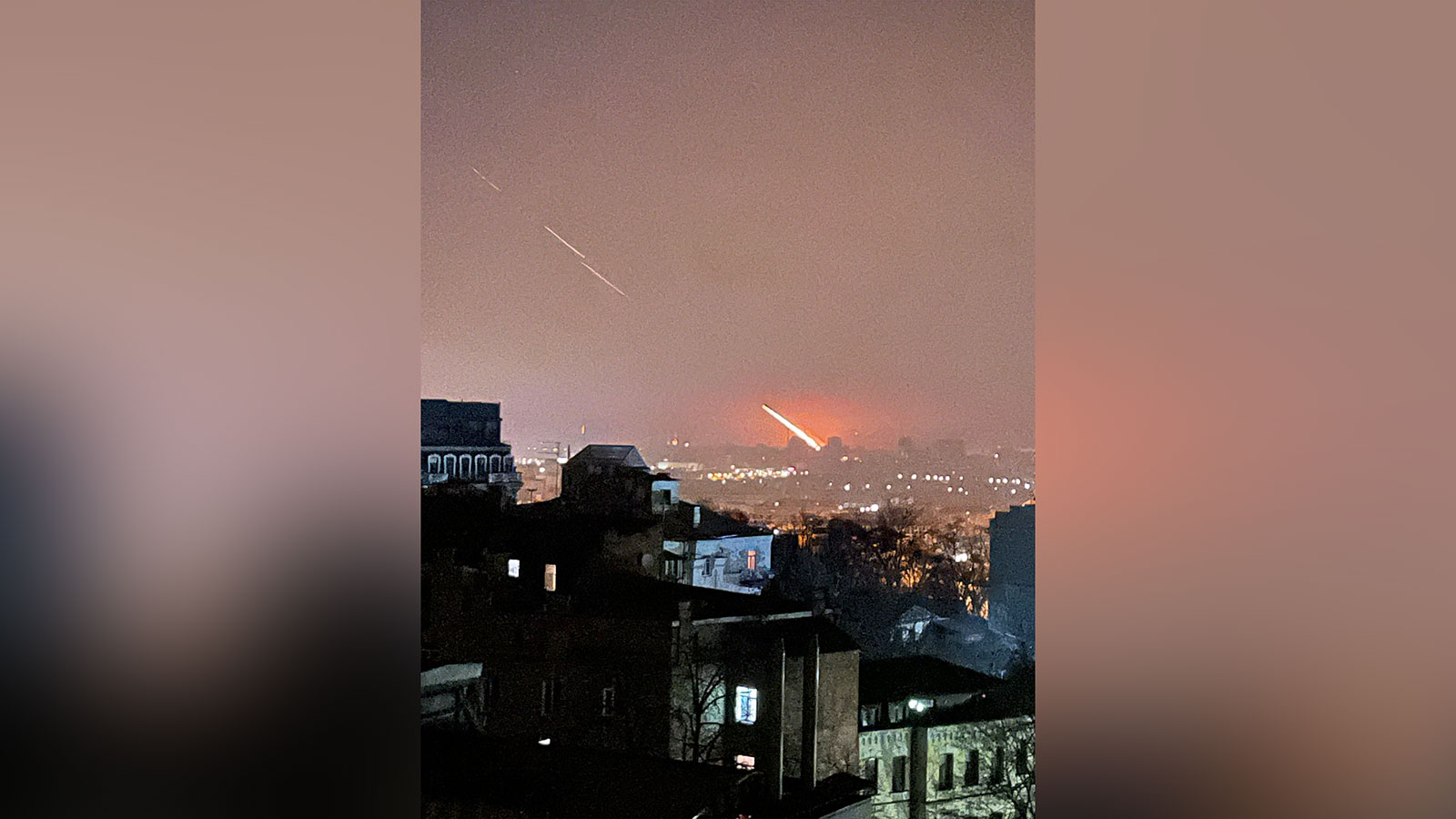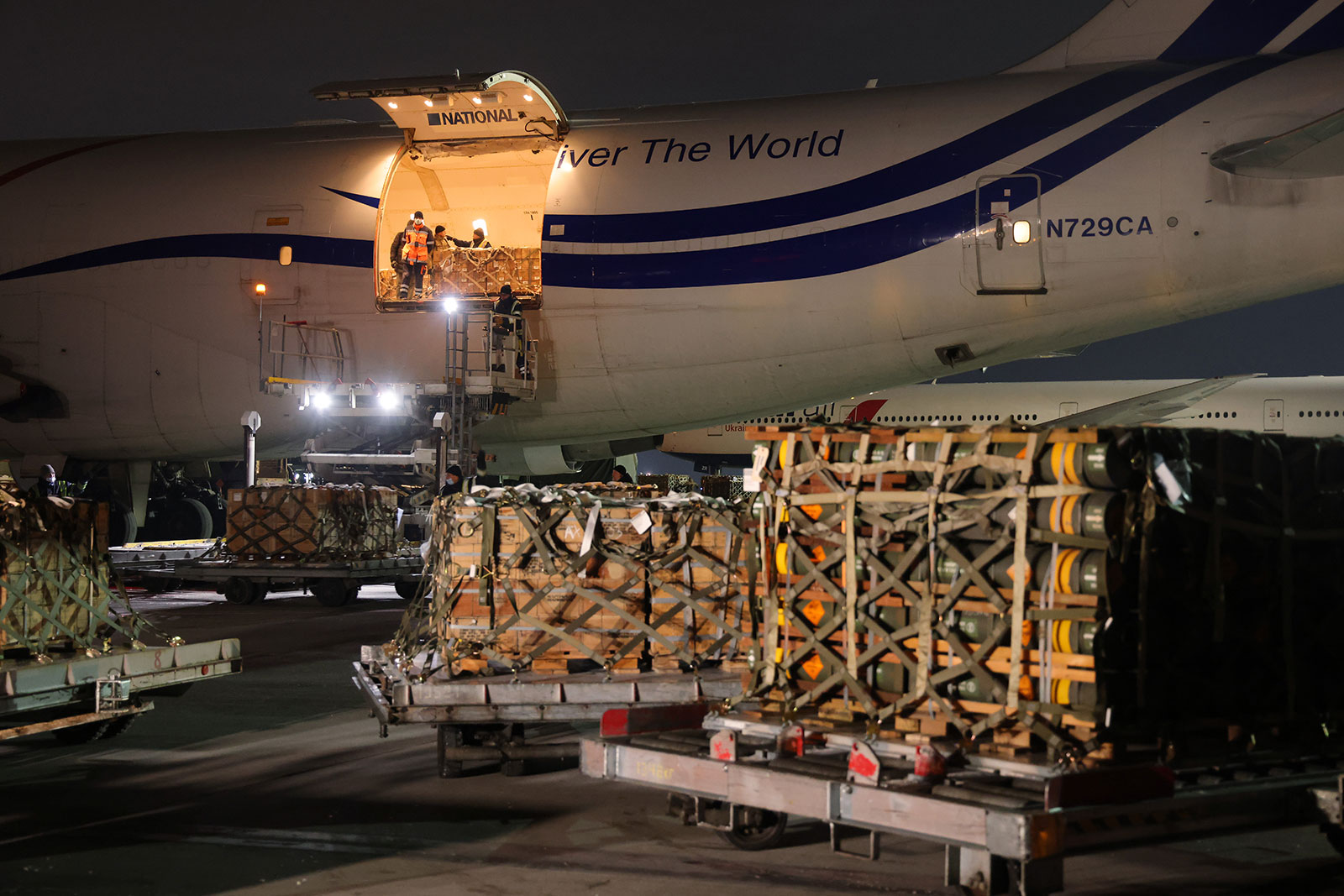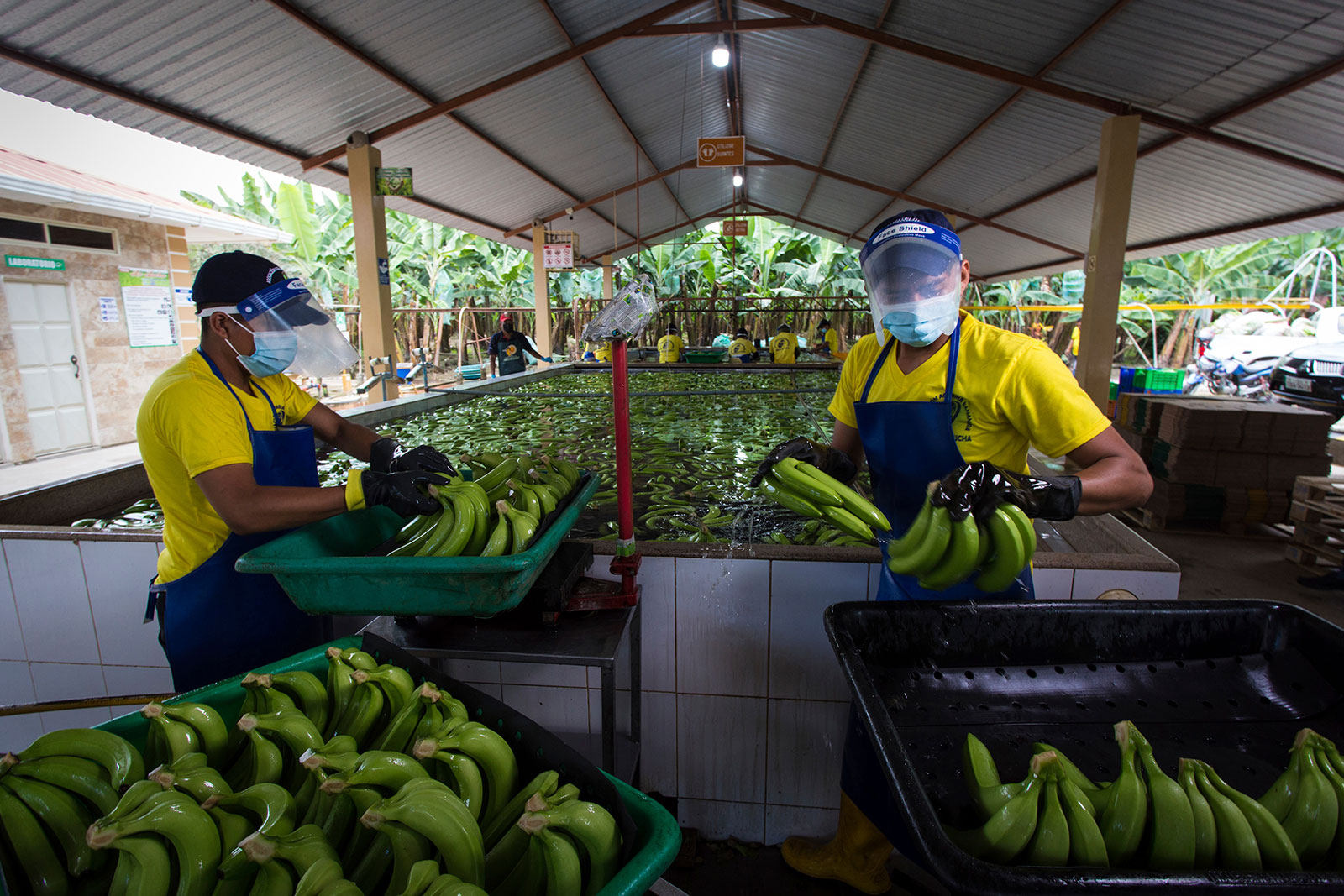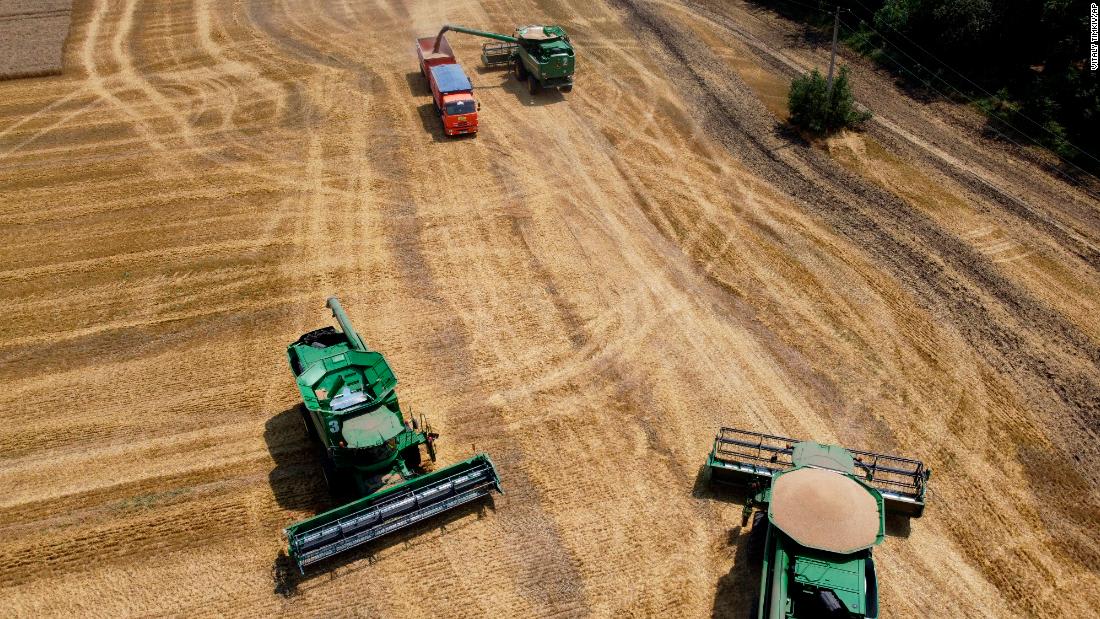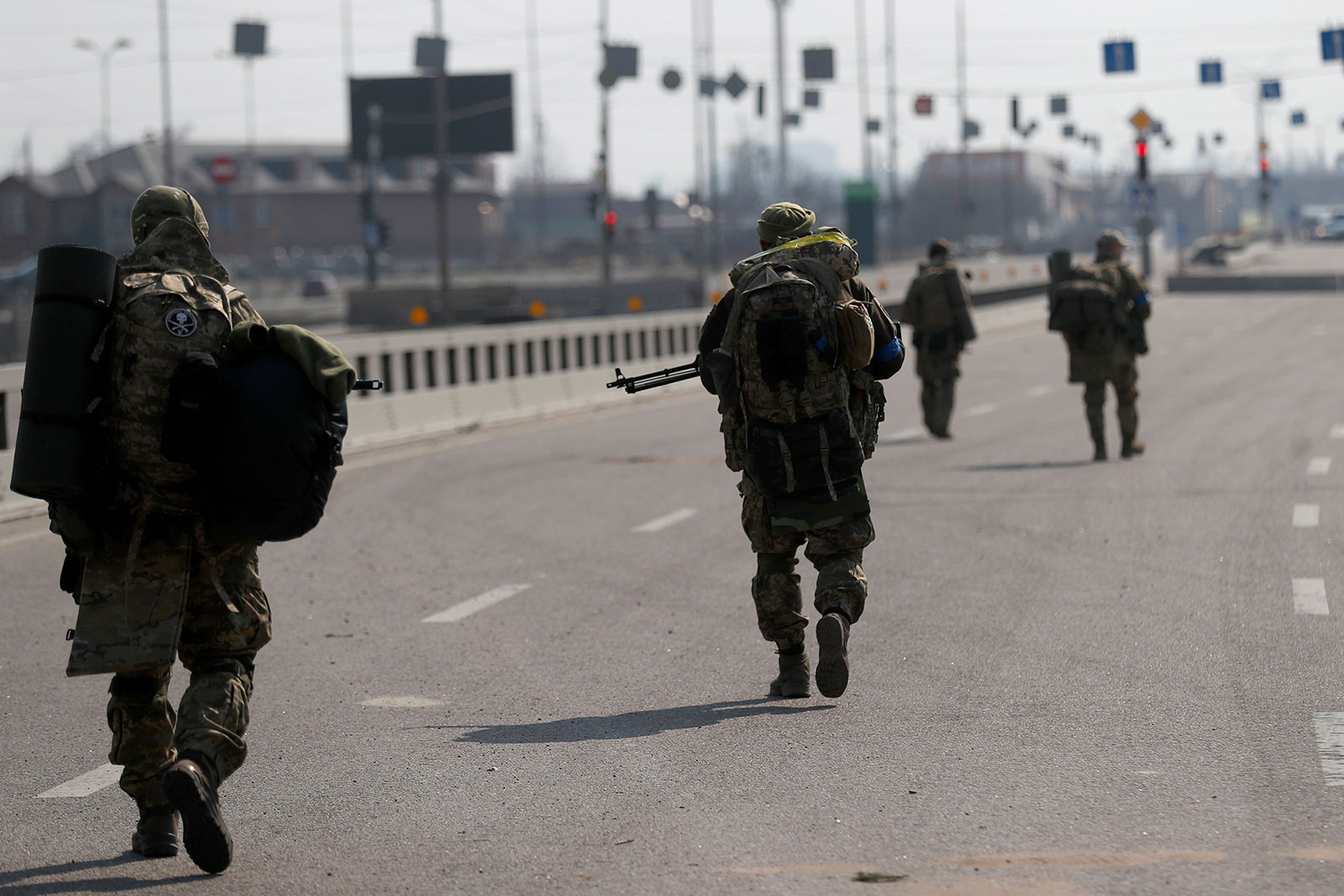The United Kingdom is set to announce a “major new military support package” for Ukraine at Thursday's NATO and the G7 leaders’ meetings.
The support package will include 6,000 missiles, consisting of anti-tank and high explosive weapons, and £25 million (33 million $USD) in financial backing for the Ukrainian military, according to a Downing Street press release on Wednesday.
“This more than doubles the defensive lethal aid provided to date to more than 10,000 missiles, and comes on top of the £400 million (528 million $USD) the UK has committed in humanitarian and economic aid for the crisis,” the release read.
The UK will also provide an additional £4.1 (5.5 million $USD) for the BBC World Service “to tackle disinformation in Russia and Ukraine, as well as new financial and policing support for the International Criminal Court’s investigation into war crimes.”
“Vladimir Putin is already failing in Ukraine. The Ukrainian people have shown themselves to be extraordinarily brave and tenacious in defending their homeland, in the face of an unprovoked onslaught,” British Prime Minister Boris Johnson said in the release.
“But we cannot and will not stand by while Russia grinds Ukraine’s towns and cities into dust. The United Kingdom will work with our allies to step up military and economic support to Ukraine, strengthening their defenses as they turn the tide in this fight,” he added.
“One month into this crisis, the international community faces a choice. We can keep the flame of freedom alive in Ukraine, or risk it being snuffed out across Europe and the world”, Johnson said.
According to the Downing Street statement, the UK has “already provided over 4,000 anti-tank weapons to Ukraine’s armed forces, including Next-Generation Light Anti-Tank Weapons Systems, or NLAWs, and Javelin missiles. The Government is also supplying Starstreak high-velocity anti-air missiles to help Ukrainians defend themselves against aerial bombings, as well as body armour, helmets and combat boots.”
